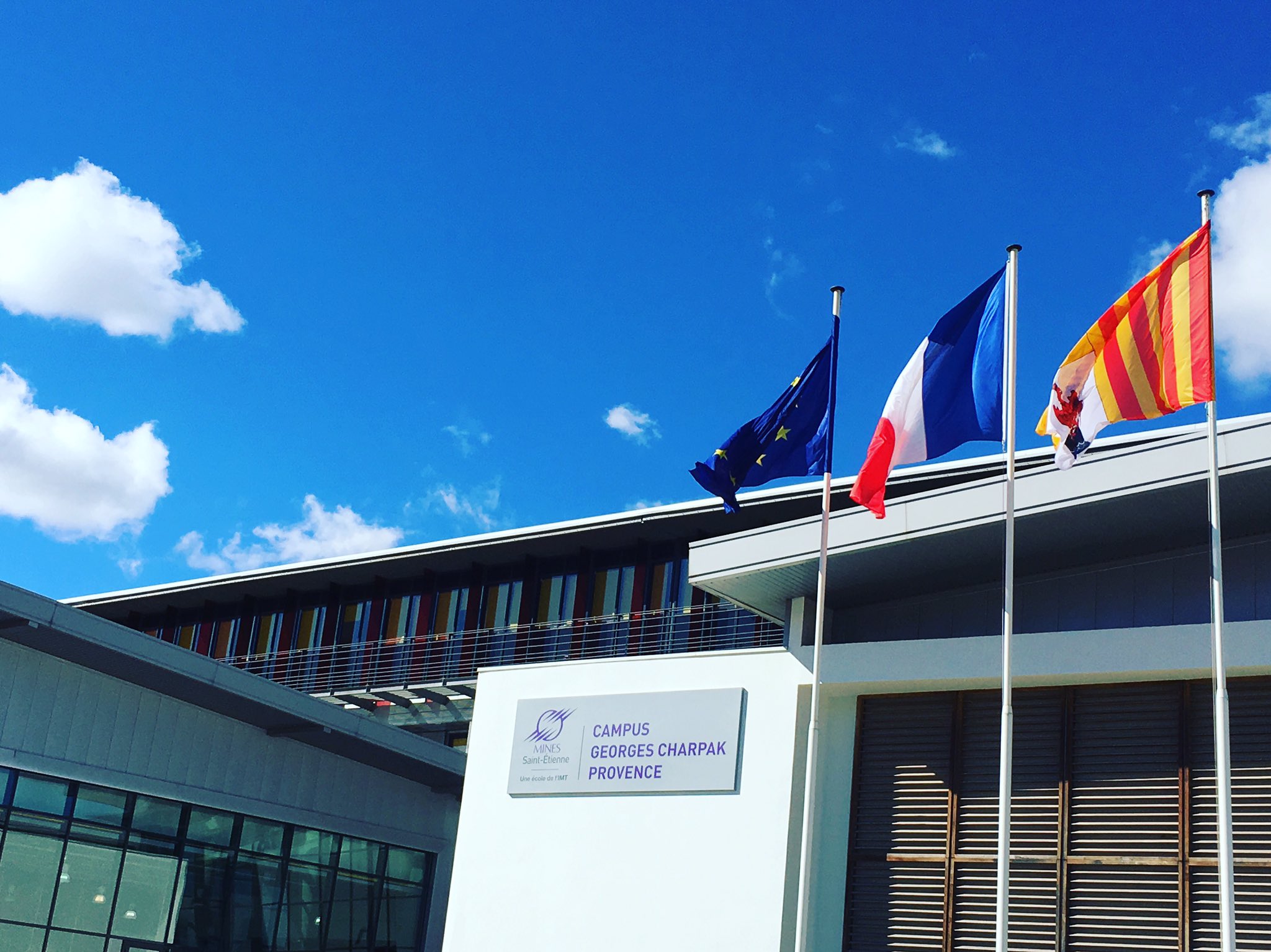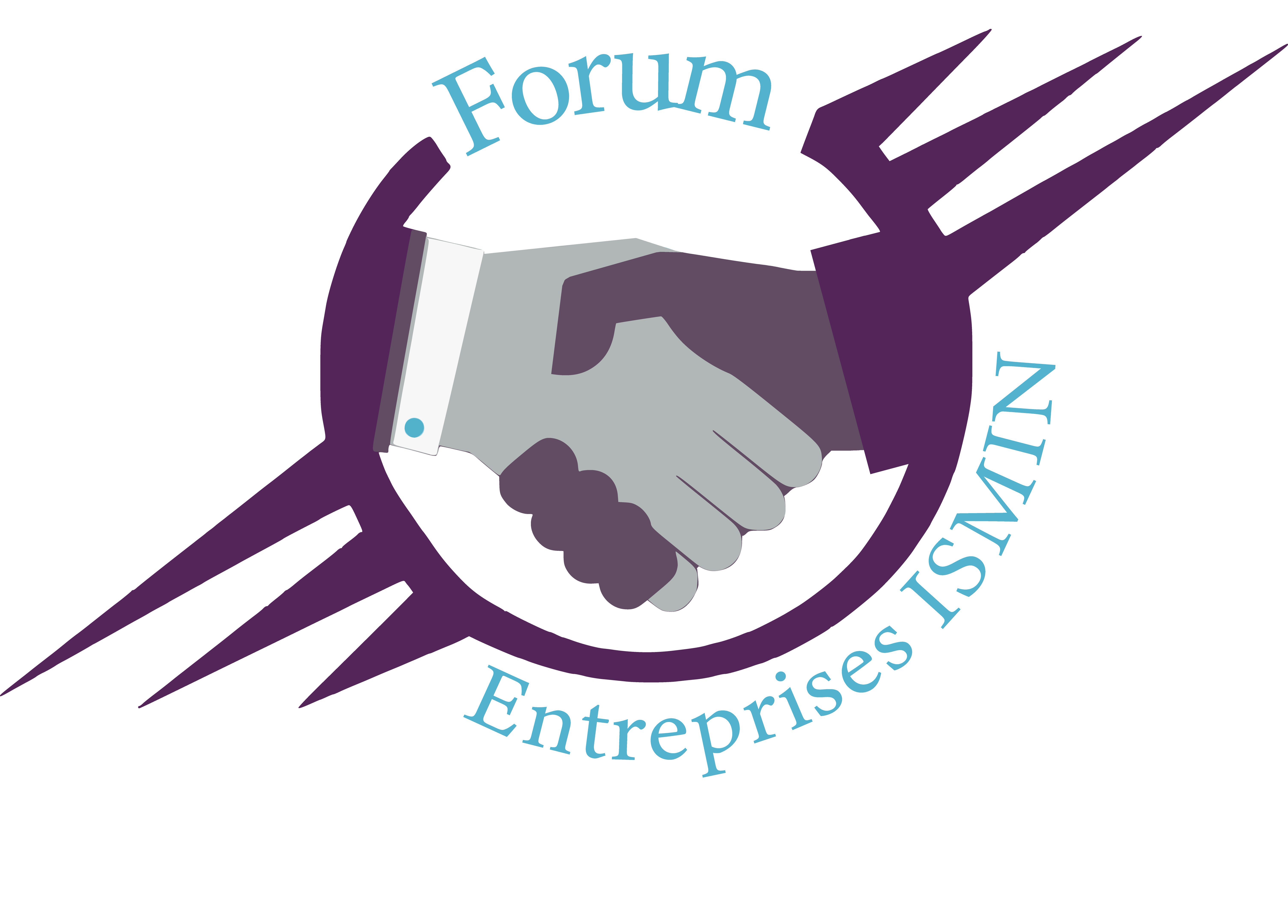Presentation
The Mines de St-Etienne School is a prestigious engineering school that has been founded over two centuries ago.
The Mines de St-Etienne School is ranked as the first engineering school outside of Paris.
This curriculum provides skills in various sectors.
Similarly, the strong presence of the school and its leadership within the Mines Telecom Institute
What are the major specialties of the school?
The major fields of study at the school are computer science, embedded systems, microelectronic design: each major aims to provide the scientific and technical foundations necessary to understand technological domains.
Computer Science
Software design: advanced Java, mobile application design, database design and administration, client-server database applications. Applied methods for business: mobile telephony, enterprise information systems, discrete simulation and optimization.
Embedded Systems
System design: microcontroller architecture, complex digital system design, mixed hardware and software design, standards and validation of embedded systems. Hardware and software interfaces: real-time operating systems, debugging microcontroller architectures, multiplex communication networks…
Microelectronic Design
Microelectronic fundamentals: semiconductor physics and components, integrated circuit manufacturing processes, analog and digital circuit design, processor architecture. Design methodologies: VHDL modeling and synthesis, advanced analog design, specific circuit design (ASIC), co-design, FPGA prototyping.
A detailed presentation is available on the Mines de Saint-Étienne School website.
Technological Challenges
Each technological challenge offers engineering students technical courses and management courses specific to the studied field in order to acquire all the necessary knowledge to understand a high-tech economic sector. The technological challenges include bioelectronics, security, supply chain, and energy system electronics.
Bioelectronic Devices
Bioelectronics: introduction to biology, basics of bioelectronics, applications in neuroscience, diagnostic applications. Bioelectronic applications: biological sensors, electronic and organic systems, standards, medical diagnostic market, medical device design.
Mobility and Security
Computer methods and tools: mobile telecommunications (GSM, GPRS, 3G, Wi-Fi), cryptography, attack software and techniques, mobile networks, biometrics. Mobility: hardware architectures for mobile devices, mobile service architectures, operating systems, smart cards, contactless communication (RFID, NFC).
Computer Science, Technologies, and Supply Chain
Communicating technologies and supply chain: short-range traceability technologies, integration of communicating solutions, production planning and scheduling. Transportation and distribution: distribution, demand forecasting models, supply chain management, Lean management, sustainable supply chain.
Energy System Electronics
Electronic components for energy management: battery technology, energy recovery, low-power embedded circuits and software, eco-design. Renewable energy: green energy production, energy transfer optimization, smart grids, energy-positive buildings, societal dimension of new energy models.
Student Associations
Entrepreneurship is a strong value of this school. Within our curriculum and extracurricular activities (associations), we are trained to be engineers capable of demonstrating rigor and creativity. Associations such as Junior Mines Provence (Junior Enterprise) and MINITEL (IT association).

Student Journey
1st Year
The first year at Mines de St-Etienne allows engineering students to acquire both technical and managerial foundations. Students are directly trained on all tasks and skills expected from engineers through independent projects and analysis tasks throughout the year. A one-month professional mission analysis internship is also mandatory for all students, which takes place in January.
2nd Year
The second year focuses on deepening knowledge. For most students, it marks the beginning of building their professional career through a 17 to 20-week internship, both in France and abroad. This highly formative experience develops leadership, initiative, and teamwork skills for future engineers.
3rd Year
The third year is the year of professionalization. Students can choose from 12 different majors and minors, allowing them to create a unique profile. There is also an opportunity for Double-diplomas with numerous partner schools and universities around the world.
